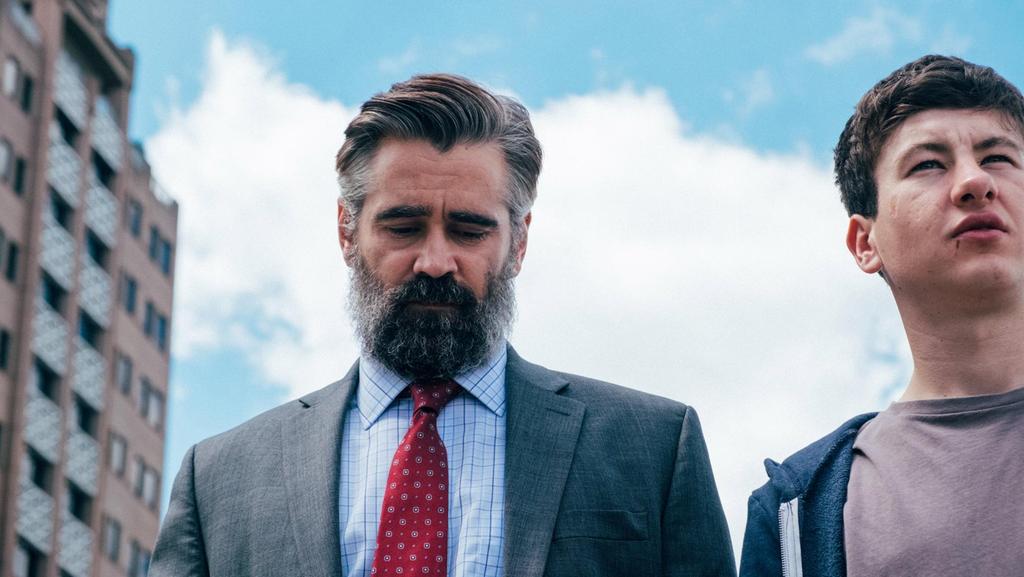
Before the rise of streaming services, cinephiles had a limited number of options to choose from. There were the movies out in theaters that week, maybe a retrospective or two, what we could catch on TCM, or the good old neighborhood video rental store. On demand streaming is a godsend, but with convenience also comes a new set of problems.
Chief among them, the real existential question of our times: how to pick a movie from virtually infinite possibilities? The task of wading through all those choices is hard enough when we’re viewing alone, but it becomes infinitely more challenging when we’re trying to accommodate a group of people– especially when that group of people includes our parents. In which case, scrolling through the hundreds of options can feel like navigating a minefield.
As you undertake the task of catching up with the best movies of 2017, this list aims to provide a map of that minefield. All the films on this list are, by some metric, movies you should see… just not with your parents.
10. Call Me By Your Name
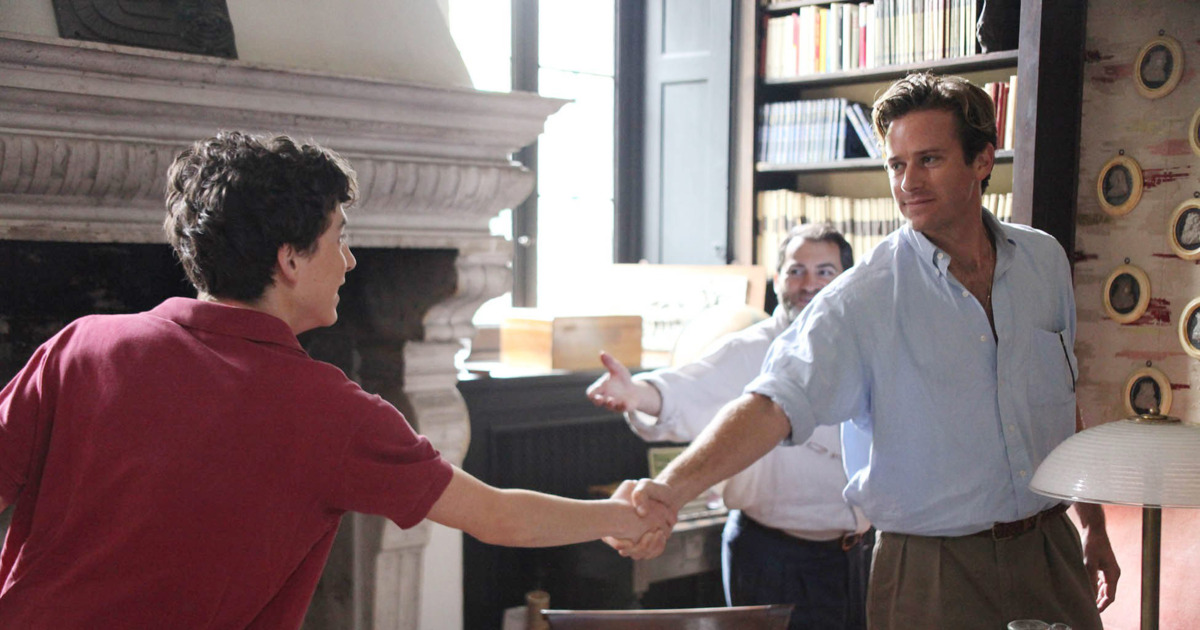
If a movie is tame enough to be nominated for multiple Oscars, surely it must be safe to watch with your parents? Not necessarily.
Call Me By Your Name is the story of a summer romance between a 17-year-old boy, Elio (played by Timotheé Chalamet) and his father’s research assistant, Oliver (played by the 31-year-old Armie Hammer.) The film introduces the viewer to a bucolic existence in provincial Italy where Elio wastes away his summer listening to classical music, reading and swimming with his friends at the nearby lake.
This tranquil status quo is interrupted by the arrival of Oliver, who immediately gains the admiration of the family and their circle of friends. Elio is initially jealous of the attention lavished on Oliver, but soon, to his own annoyance, begins to like Oliver himself– more than everyone around him. What begins as flirting evolves into an obsession that culminates in a brief, but intense sexual relationship. Here lay the mines.
In one scene in particular, Elio, craving his lover, pokes a hole with his finger into a peach, removes the pit and uses the peach to masturbate. Oliver catches him after the fact and teases him by making him taste the peach– which can make for some uncomfortable family viewing. Bonus points if your parents are homophobic or touchy around LGBT themes.
9. First They Killed My Father
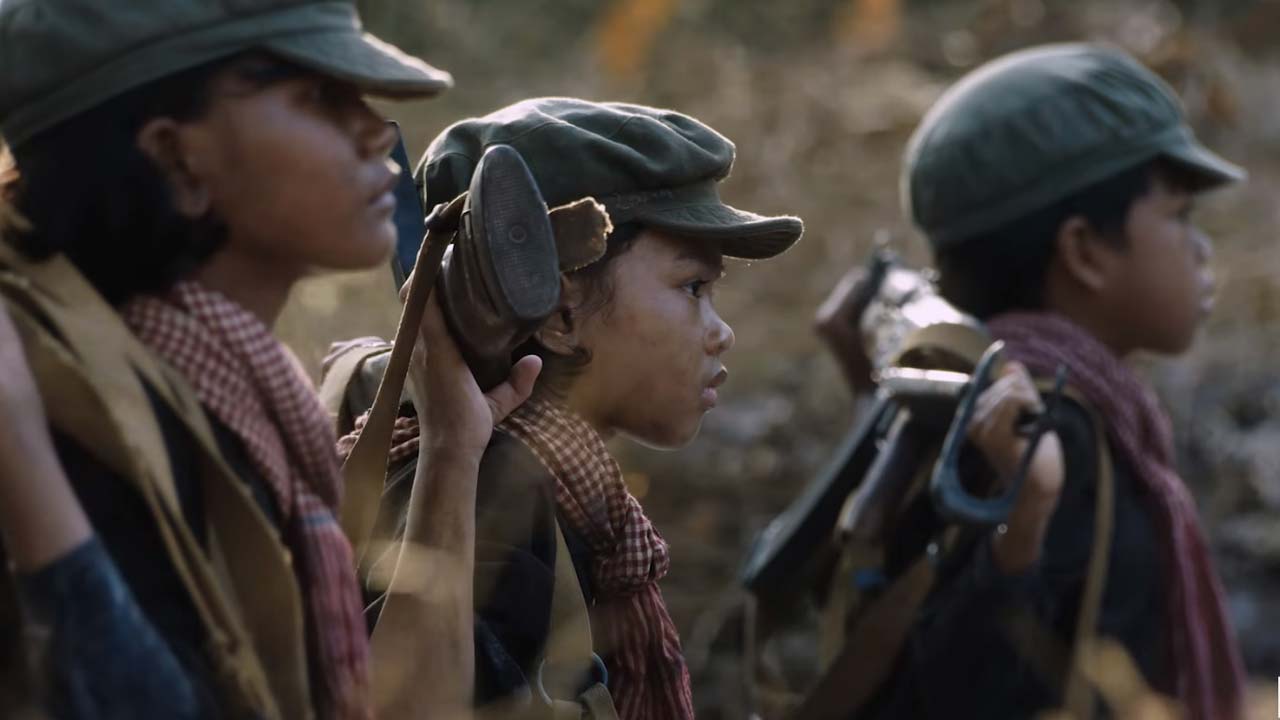
Angelina Jolie’s third film as director serves a humanitarian purpose as a sort of PSA about the horrors of state failure and civil war, using the past to evoke and comment on the current situation in Syria and the global refugee crisis.
The film elicits an enormous amount of pathos for its child protagonist as her family falls apart while suffering the hardships imposed on the Cambodian people by the brutal Khmer Rouge regime. The events in the film are based on the real life chronicles of author Loung Ung, who survived labor camps, re-education and training as a child soldier.
Despite its exploitation movie title, First They Killed My Father pulls a lot of punches by taking a child’s perspective that softens the blow of the violence occurring around her– it lacks the brutality of Netflix’s last foray into child-soldier territory, 2015’s Beasts of No Nation.
Jolie chooses to keep most of the violence implied off screen, an excellent choice which lulls the audience into a sense of security until the final battle sequence which shows with horrifying detail the gruesome effects of a very real minefield on a group of fleeing refugees.
8. Good Time
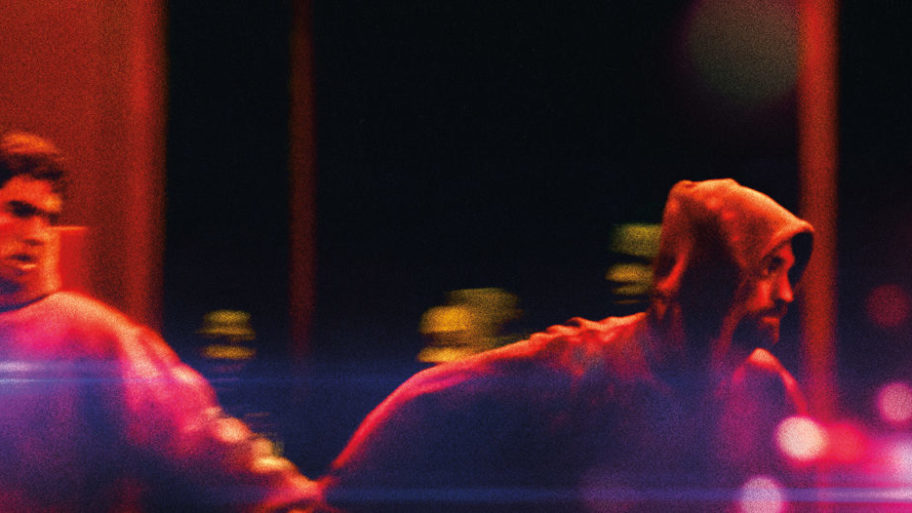
Josh and Bennie Safdie, the two filmmakers behind Good Time, are fascinated by characters who can’t help but to make bad decisions– from Daddy Longlegs, about bad parenting, to Heaven Knows What, about the downward spiral of heroin addiction. Their latest movie takes this fascination to the next level by dressing up a black comedy as a balls-to-the-walls thriller driven purely by the escalating consequences of bad decision making.
Robert Pattinson– in a career best performance –plays an unemployed hustler named Connie who decides to pull his mentally challenged brother Nick (played by co-director Ben Safdie), out of therapy to be his accomplice in a bank robbery. Connie’s incredibly poorly planned crime gets his brother caught and detained at the notoriously brutal facility on Rikers Island, leaving Connie with the mission of rousting up the bail money he needs to get his brother out.
Out of a genuine, if misguided and self-serving, love for his brother, Connie drags himself and the people around him into a cringe-worthy spiral of bad decisions that falls squarely into the category of “a parent’s worst nightmare.”
If you long to revisit the category, check out the Safdie brothers’ previous film, Heaven Knows What that exists in the same grimy New York underworld that thrived in seventies cinema (Taxi Driver, Midnight Cowboy and Panic In Needle Park), but has been pasted over by New York’s new sleek, Wall Street image.
7. 1922
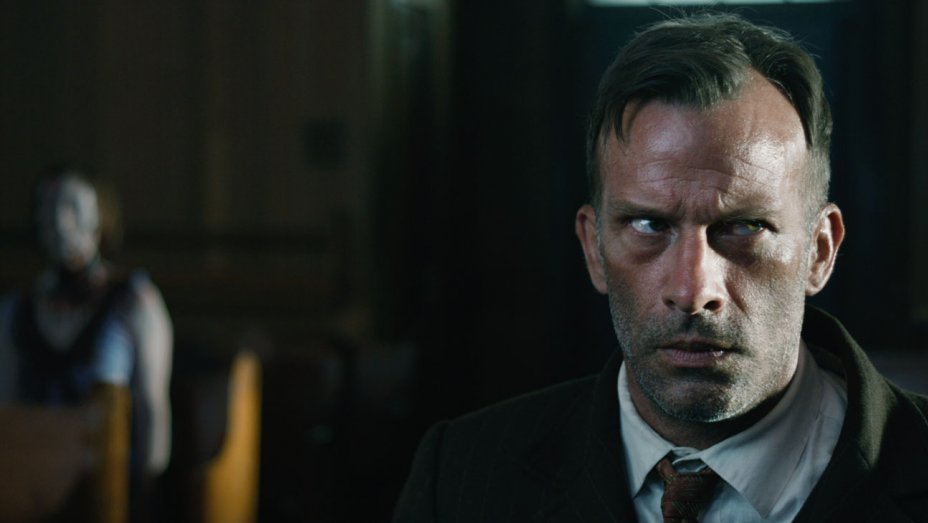
Stephen King experienced a career resurgence in 2017 with It, The Dark Tower, Gerald’s Game, 1922 and the upcoming show Castle Rock (okay, that last one is technically not 2017.) King’s work has a number of distinctive motifs– the supernatural, Indian burial grounds, the state of Main, ESP and cosmic evil –but what really brings King’s oeuvre together is the way in which he grounds his horror in abusive family dynamics.
Look no further than Carrie’s mother, or Jack Torrance from The Shining. 1922 is missing most of King’s typical motifs, but is fully steeped in a dark dynamic between a father and his son.
The film takes place in the title year on a farm near Oklahoma. Thomas Jane plays a farmer called Wilfred, who comes into conflict with his wife after she insists on selling the acreage she inherited and move to the city to open a dress shop.
Wilfred, who can’t imagine living in the big city, uses his influence over his son to make him an accomplice in his mother’s murder and the subsequent cover up. The murder scene and what follows is sure to make parents everywhere squirm in their seats, but the worst part is the truly off putting bond shared by the two men of the household.
6. Thoroughbreds
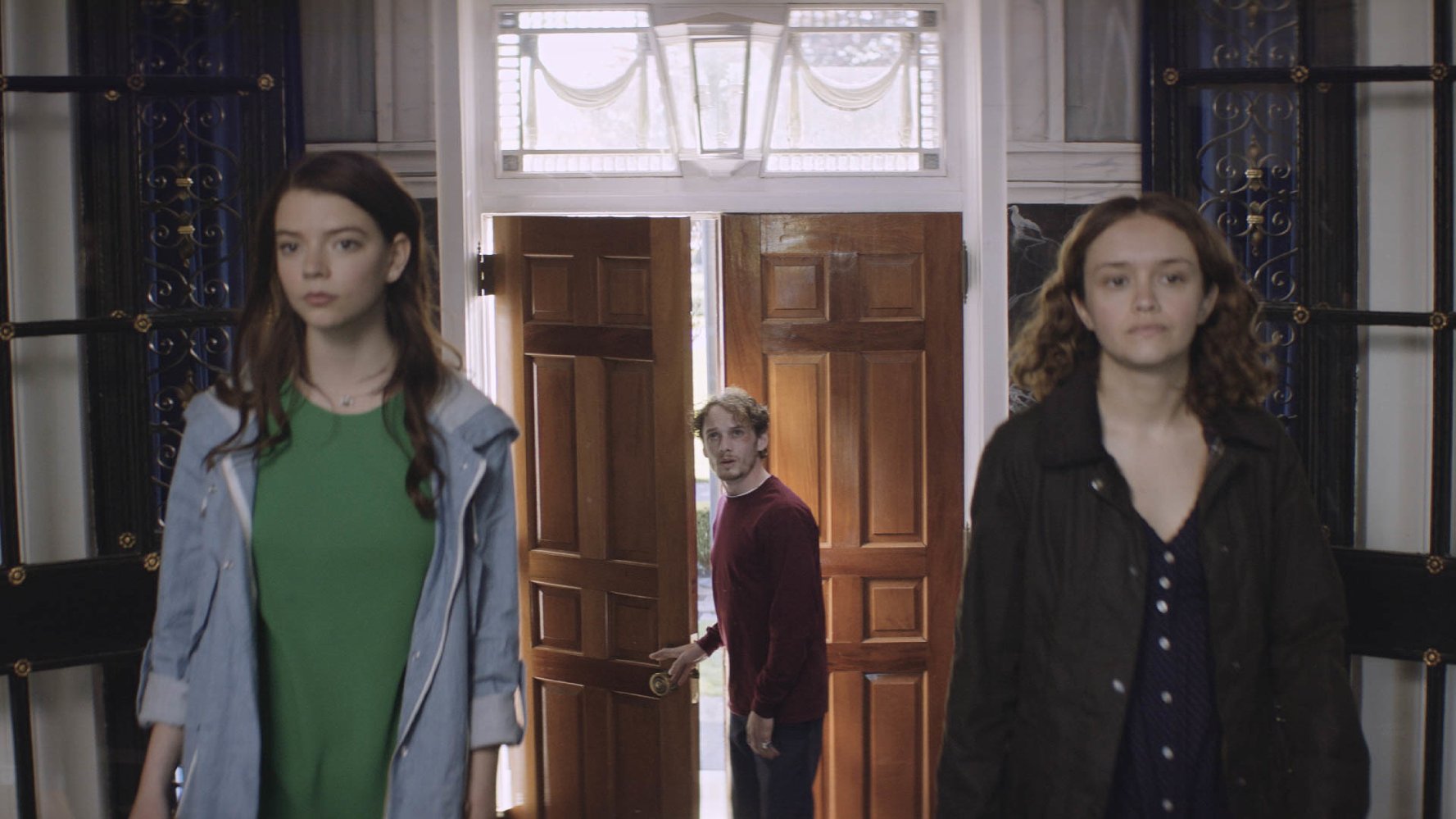
Continuing the trend of parricide, Thoroughbreds tells the story of two upper-class teens who conspire to kill one of their stepfathers with the help of a drug dealer. It’s Hitchcock for the desensitized millennial generation. Though technically the film won’t be released in theaters until March of 2018, it played widely in the festival circuit after premiering at Sundance in January 2017.
Though the violence happens largely off screen, what’s troubling about the film is the cynical misanthropy of the lead characters and what it says about the disaffection and cynicism of the millennial generation as a whole.
If you happen to be a millennial, your parents might be scared of you after watching this one. To make things just a bit creepier, the film is notable for containing Anton Yelchin’s final performance before his tragic death just days after the film wrapped principal photography in June of 2016.